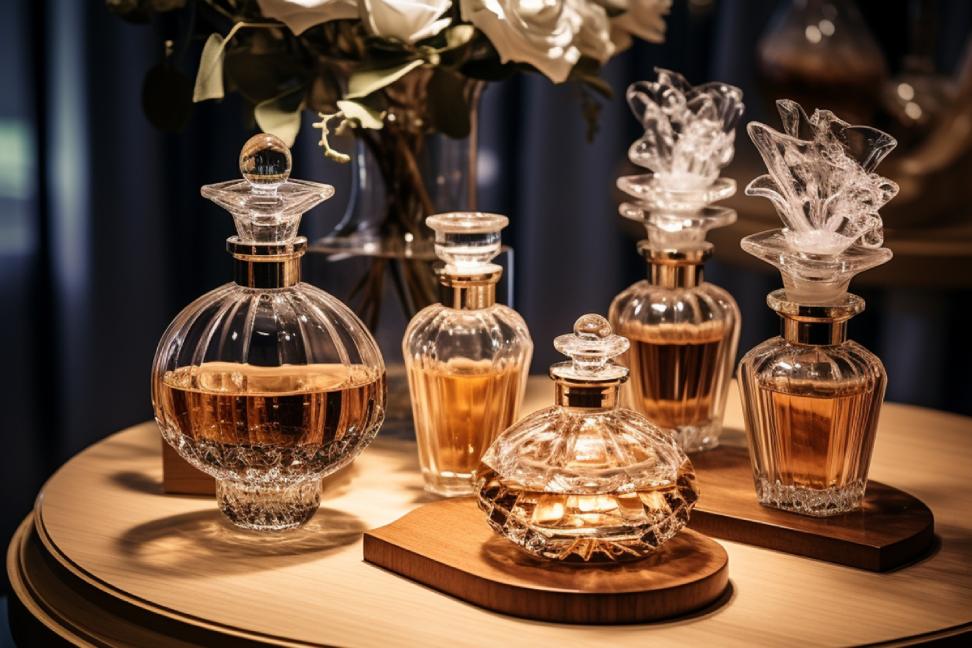King 567, Betbhai247, Apbook247: Our olfactory sense, often overlooked in comparison to sight and sound, plays a significant role in encoding memories. The human brain is capable of linking scents to specific events, people, or places, creating lasting impressions that can trigger vivid recollections. This phenomenon is known as the Proustian memory effects, that named after the famous French writer Marcel Proust, whose popular writing is about how the smell of a madeleine pastry evoked a flood of memories from his childhood.
Whether it’s the aroma of freshly cut grass bringing back memories of summer days or the scent of a particular perfume reminding you of a loved one, our sense of smell has a powerful ability to transport us back in time. Research has shown that scents can trigger emotions and memories more effectively than other sensory cues, making them a powerful tool in evoking nostalgia and creating a deep connection to our past experiences.
Understanding the Chemistry Behind Different Scents
Fragrances hold a captivating power over our senses, evoking memories and emotions with just a whiff. The chemistry behind these scents is a complex interplay of volatile molecules that interact with our olfactory receptors in intricate ways. Different scents are composed of various chemical compounds, each with its unique structure and behavior.
For instance, the fresh aroma of citrus fruits is mainly attributed to compounds like limonene and citral, which are found in high concentrations in their peels. On the other hand, the warm and spicy scent of cinnamon is due to the presence of cinnamaldehyde, a key compound responsible for its distinctive fragrance. These chemical compositions not only determine the smell of a fragrance but also influence how long it lingers in the air and how it blends with other scents.
Exploring the Role of Essential Oils in Perfumery
Apbook365, Apbook Login, Goexch777: When it comes to creating captivating and unique fragrances, essential oils play a crucial role in the world of perfumery. These oils are extracted from various plant sources, such as flowers, fruits, and woods, and are renowned for their aromatic properties. Essential oils are highly concentrated, volatile liquids that contain the essence of the plant they are derived from, giving perfumers a wide range of scents to work with.
Each essential oil carries distinctive characteristics that contribute to the complexity and allure of a perfume blend. From the sweet floral notes of rose and jasmine to the earthy undertones of patchouli and vetiver, these oils provide perfumers with a palette of scents to craft unique and memorable fragrances. The careful selection and precise blending of essential oils are essential in creating perfumes that evoke specific emotions and memories, making them an indispensable component in the art of perfumery.
What are essential oils?
Essential oils are concentrated liquids extracted from plants that contain the characteristic fragrance of the plant they are derived from.
How are essential oils used in perfumery?
Essential oils are used in perfumery to create unique scents and add depth and complexity to fragrances.
Are essential oils natural?
Yes, essential oils are natural and are typically extracted through distillation or cold pressing of plant materials.
What are some popular essential oils used in perfumery?
Some popular essential oils used in perfumery include lavender, rose, jasmine, sandalwood, and patchouli.
Can essential oils cause skin irritation?
Yes, some essential oils can cause skin irritation or allergic reactions in some individuals. It is important to perform a patch test before using any essential oil on the skin.
Read Also:
- Top 5 Personal Banking Tips
- Things To Know About SPAN Margin
- Why Are Instant Payments Becoming Popular?
- What Is The Power Of Uninterrupted Compound Interest Account?

